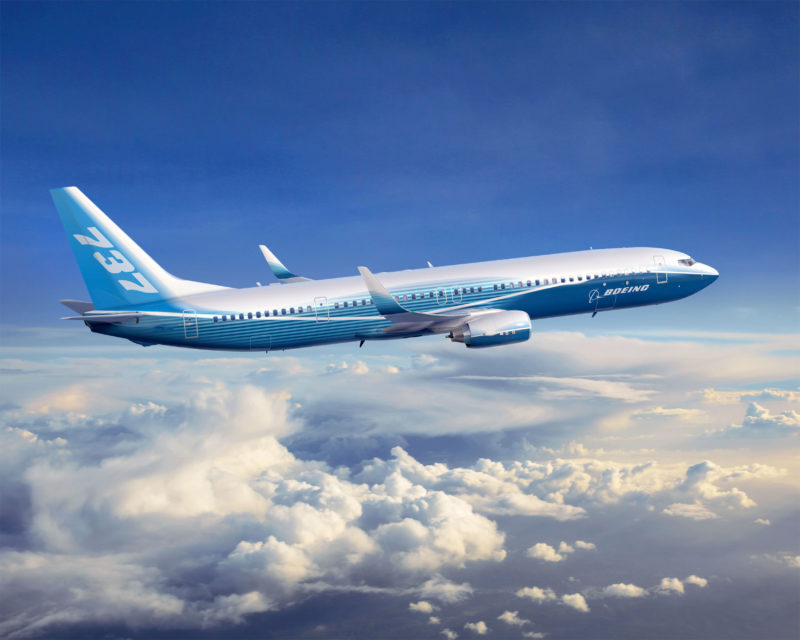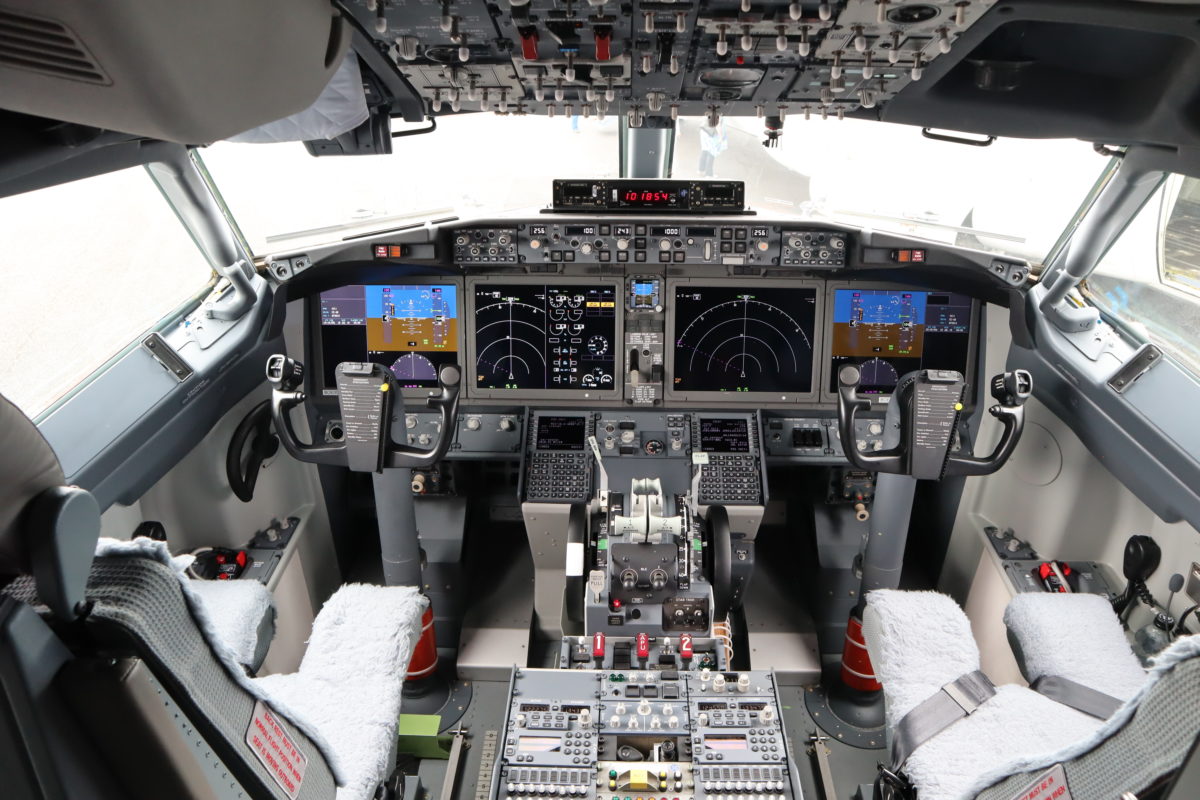The United States Federal Aviation Administration (FAA) is looking to fine Boeing $19.7 million; over the installation of head-up display components, that weren’t approved for use in 800 737 NG and 737 MAX aircraft.
Detailing the situation, the FAA alleges that Boeing installed Rockwell Collins (now Collins Aerospace) Head-up Guidance Systems on 791 aircraft, including 173 737 MAX aircraft, between June 2015 and April 2019.
The sensors, used to feed data to the head-up displays, were not approved for use with the guidance systems installed and were never tested in the installed configuration, however Boeing proceeded to certify and delivery the aircraft.
When questioned on the matter, Boeing has told media that the FAAs findings “do not involve a safety issue” noting that there is no problem with the physical units on board the aircraft, rather the proposed fine relates to insufficient documentation.

Collins Aerospace subsequently conducted tests of Boeing’s sensor and guidance system configuration and updated their documentation, but only after the fact that Boeing certified the aircraft without their input.
Boeing acknowledges that they can do better and has 30 days to respond to the FAA report, adding that they are cooperating with authorities to resolve the matter.
Since the aircraft were not in conformance with their type certificates, the FAA says Boeing violated regulations during the original certification process; which also means that Boeing failed to follow its own business process instructions, which are specifically designed to prevent this from happening.
This fine adds to the other fines Boeing has recently been presented by the FAA; with the first occurring in December 2019 over the same issue on 133 737 NG aircraft, resulting in a $3.9 million fine proposal. The other recent fine of $5.4 million, involves the company’s failure to prevent the installation of faulty components on 737 MAX aircraft.


